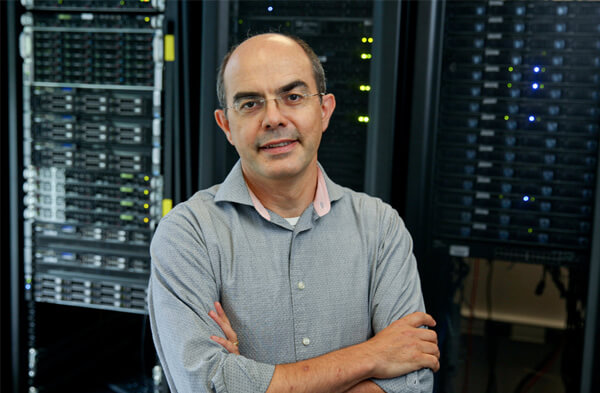
Professor Philippe Piot
NIU Presidential Research Professor Philippe Piot in physics was appointed earlier this year to serve on the Basic Energy Sciences Advisory Committee (BESAC), which advises the U.S. Department of Energy’s Office of Science.
The DOE’s Basic Energy Sciences (BES) program supports fundamental research that aims to understand, predict and ultimately control matter and energy at the electronic, atomic and molecular levels. The work provides the foundations for new energy technologies and supports DOE missions in energy, the environment and national security.
The BES program also plans, constructs and operates major scientific user facilities and funds work at more than 160 research institutions.
BESAC’s recommendations include advice on establishing research and facilities priorities; determining proper program balance among disciplines; and identifying opportunities for inter-laboratory collaboration, program integration and industrial participation.
Professor Piot, who holds a joint appointment between NIU and Fermilab, was selected to the committee for his expertise in accelerator and beam physics.
Piot has contributed to work on the optimization of beam lines at top particle physics and basic science laboratories across the globe. He also is affiliated with the university’s Northern Illinois Center for Accelerator and Detector Development, which supports the development of a new generation of accelerator and detector technologies.
Piot is the second NIU physics professor to be named in recent years to a federal advisory committee. Michael Syphers, a senior research professor of physics, currently serves on the national High Energy Physics Advisory Panel (HEPAP).
“This latest appointment is a great honor for Dr. Piot and a testament to his deep knowledge of beam physics,” said Jerry Blazey, NIU’s vice president of Research and Innovation Partnerships. “Having two faculty members named to key federal advisory panels is a remarkable accomplishment that speaks to the high level of expertise in our physics department.”
